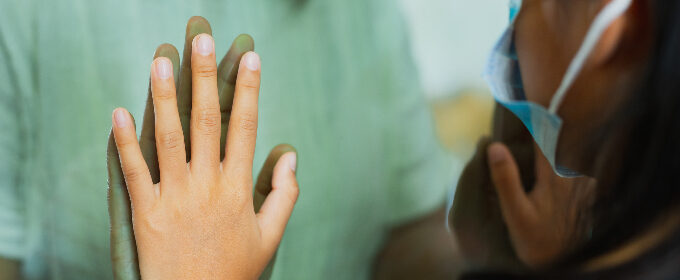Social prescribing is the referral of patients to non-clinical treatments – often for mental health needs and long-term health conditions. In 2019, the NHS Long Term Plan embedded the role of link workers to coordinate and refer patients from Primary Care Networks. But are the right areas getting the support they need – and how […]









